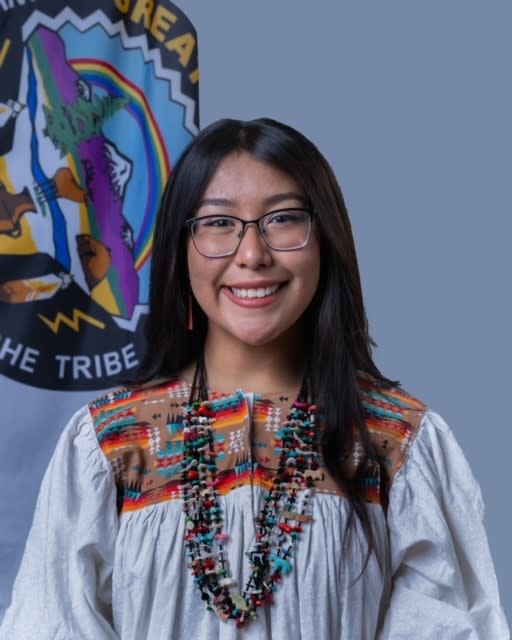Why I’m Turning My Personal Achievement into Action for All Native Peoples

Guest Opinion. Many times, when you begin an individual journey, you don’t realize how connected you are to ideas and movements bigger than yourself. I was recently shocked to learn I’m the one-millionth to earn the most widely recognized credential in early childhood education, the Child Development Associate (CDA) credential.
I’m only 18, and I started on this path when I was 14 years old, still a child in my own mind. That’s when I began a four-year educational journey focused on understanding, caring for, and teaching the youngest members of our tribe.
Alchesay High School, located on the Fort Apache Reservation in Whiteriver, Arizona, offers early childhood education as a career and technical education program. It provided students like me with the academic knowledge and essential skills needed for working with young children.
In my senior year, I took advanced college courses in early childhood education and participated in lab hours interacting with young children in the Alchesay Beginnings Child Care Center. These efforts focused on earning a CDA from the nonprofit Council for Professional Recognition.
I’ve grown to realize Native peoples have always had a strong respect for early childhood education. There’s a Lakota saying: “The ones that matter most are the children. They are the true human beings.”
Yet we know the education challenges our community faces.
Quality early childhood education is the key to ensuring our students reach their full potential. First Five Years Fund highlights research that shows “child care quality has a long-term effect on children’s cognitive and socioemotional development through kindergarten and beyond.”
The National Indian Child Care Association reports that tribal child care programs serve over 300,000 American Indian, Alaska Native, and Native Hawaiian children from over 500 federally recognized tribes. Hundreds of educators in these programs have earned the same CDA credential, just like I did.
Native peoples have a long history of support for early learning. Native midwives, such as Della Keats, an Iñupiaq from Kotzebue, Alaska, believe that educating their patients about good health practices is a key part of helping them get well.
Forty years ago, Native Hawaiians established ‘Aha Pūnana Leo, the first early learning native language immersion program in the U.S. The classes replicate the family with grandparent-age teachers who speak with children during the school day. Parents, most of whom are learning their Native language for the first time, are encouraged to practice with their children at home.
Now, as I celebrate the overwhelming idea that I’m the one-millionth person to earn the CDA, I see my role as having a bigger purpose.
Candidates who earn the CDA must pass an exam that tests knowledge of early childhood best practices based on the National CDA Competency Standards. A recent survey found that 80% of owners/directors of early childhood education centers said they were more likely to hire someone with a CDA credential than someone without it.
I’m urging additional Native peoples to join me in earning this benchmark of excellence, which is a key stepping stone on the path of career advancement in early childhood education. The more we can focus on supporting quality early childhood educators, the more we can help our youngest learners succeed.
Jada is 18 years old and lives in Whiteriver, Arizona, on the Fort Apache Indian Reservation. She is the co-president of the White Mountain Apache Tribal Youth Council,
About the Author: "Elyse Wild is senior editor for Native News Online and Tribal Business News. "
Contact: ewild@indiancountrymedia.com
